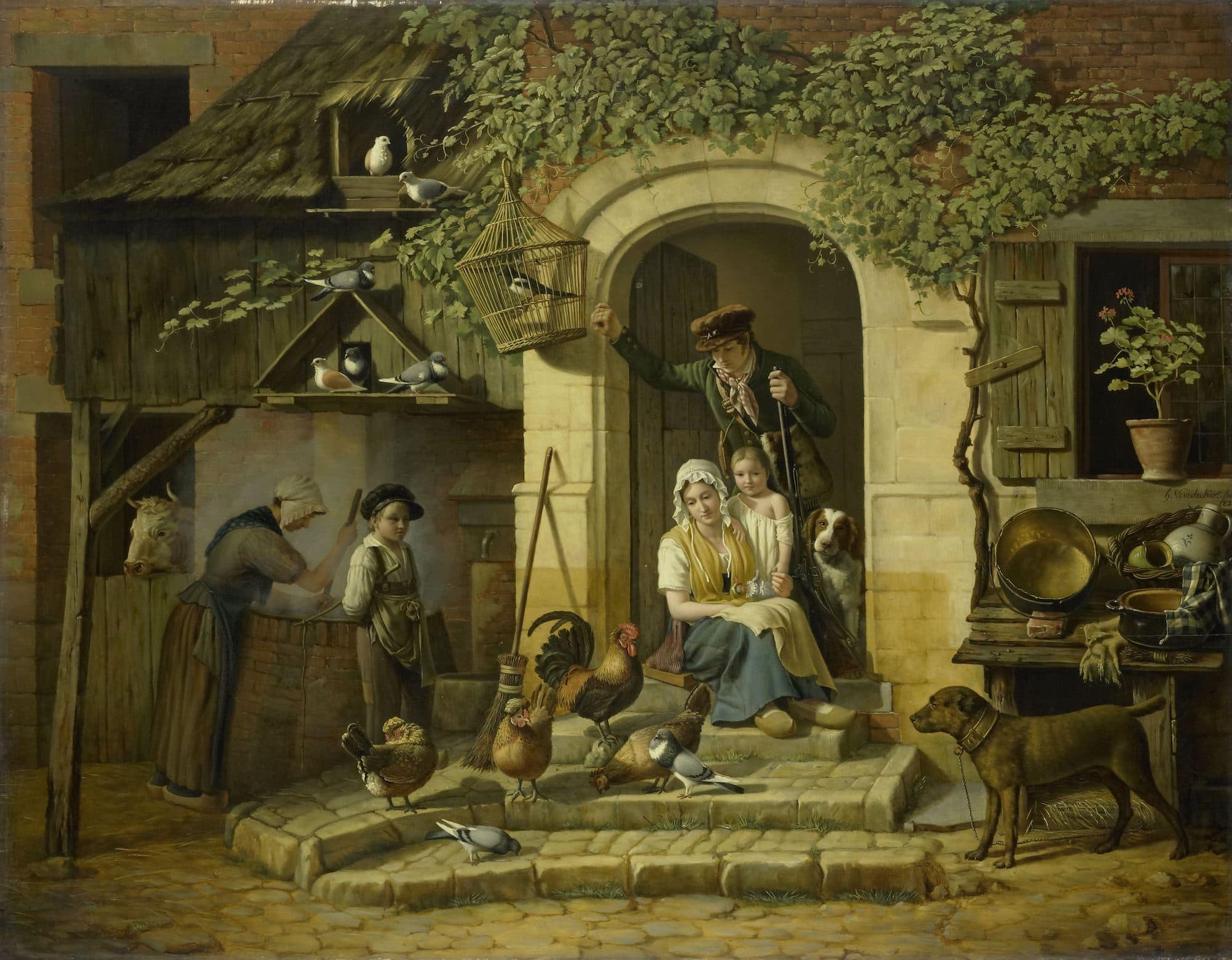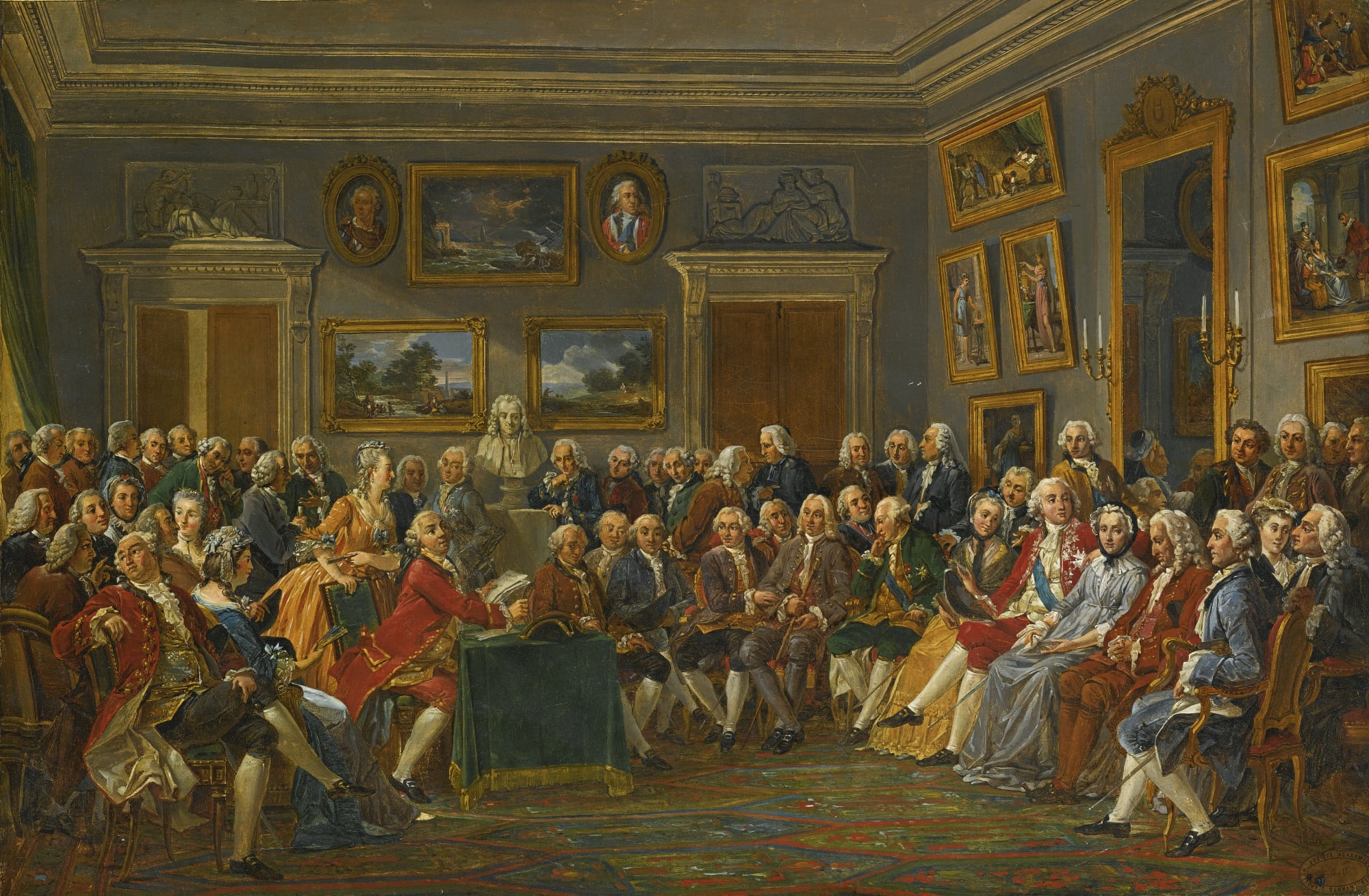
Homer and Heroic Freedom
Protesting to assert our rights might give us a solution Achilles didn’t have when he contested Agamemnon’s authority. But we also lack something Achilles had—heroism—and so we find ourselves powerless.

Protesting to assert our rights might give us a solution Achilles didn’t have when he contested Agamemnon’s authority. But we also lack something Achilles had—heroism—and so we find ourselves powerless.

Without the Idea of the Good, Lloyd P. Gerson argues, a person cannot argue coherently against materialism, relativism, skepticism, mechanism, and nominalism.

Kinneging’s book is fundamentally meant to get the reader to read good books again, especially Plato, Aristotle, Augustine, and Aquinas.

It is no wonder that an un-Sophianic culture would promote enmity between men and woman, viewing history as a protracted conflict of the genders and marriage as a procrustean bed, with procreation contradictorily thought of both as unnecessary burden and selfish environmentally-harmful indulgence.

The strategy of the super-woke failson anticipates resistance by using terms and premises that the establishment cannot rebuff without rebuffing its own basis. He acts as real-world, unpaid HR department officer. This is a means for proving his ambition and ability to police discourse, that is, his managerial competence. At bare minimum, this provides an escape valve for the frustrated failson to take his anger out on culturally deprivileged groups (‘hicks,’ ‘deplorables’) while reinforcing hegemonic discourse.

We should be open to receiving wholeness and beauty, open to the transcendent as it manifests in the bizarre fact of harmony, the startling presence of relationship. In this way we may manifest our oikos in all its coherence, its unity, and avoid developing the kind of resentment that would have us go about compulsively deconstructing our neighbor’s identity.

The Enlightenment had its fair share of such confusion. It was a time of truly scientific pursuits; of Voltaire’s brave and sharp remarks; of Hume’s observant rationality. But it also produced Rousseau, whose romantic view of freedom inspired generations of rebels. They thought that only monarchs and nobles could be oppressive, for they had not yet seen tyranny of the people.

What I saw in Derrida was a man of equal genius whose affirmative understanding of home redeemed French thought from its obsessive oikophobia.